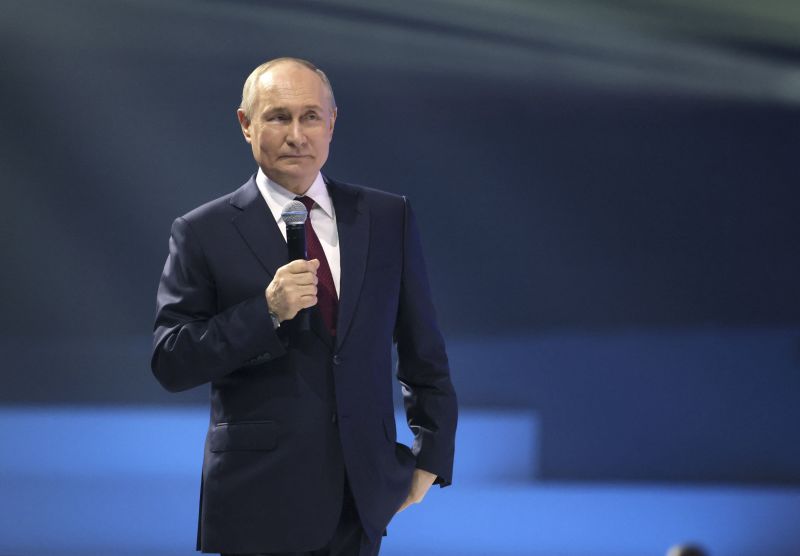As the nation deliberates, it is clear that the long-serving president, Vladimir Putin, is set to secure his fifth term in office, demonstrating an ironclad political resilience and unwavering public support. This is despite rising international tensions, unprecedented allegations of state-approved cyberattacks, and the challenging global landscape due to the ongoing pandemic. Yet, the Russian population appears to remain largely unfazed, trusting Putin to navigate the stormy waters of international politics and domestic issues.
There are numerous reasons attributed to Putin’s continued dominance in Russian politics, each equally as vital in understanding his seemingly unstoppable political journey. First and foremost, Putin’s presentation as a stabilizing force in the face of external threats has proven extremely potent. In an era of escalating global uncertainty, Putin’s image as a strong and decisive leader offers a measure of comfort and continuity for Russian citizens.
Under Putin’s watchful eye, Russia’s international standing has been substantially reinforced. This is evidenced by Russia’s increasingly prominent role on the global stage, from its involvement in Syria to displaying its might via showpiece events such as the 2018 FIFA World Cup. Domestically, Putin’s administration has focused on infrastructural advancements and fostering nationalistic sentiment. These efforts have painted him as a patriotic leader who is deeply invested in the welfare and progression of his nation.
Furthermore, the current political landscape in Russia is undeniably dominated by Putin and his administration. There’s a perception of an absence of strong political contenders, with potential rivals often sidelined or dismissed. This serves to position Putin as the indisputable choice, with no equivalent alternative on the political horizon.
Despite his enduring popularity, Putin’s presidency has not been without controversies and criticism. Detractors argue that the Russian democratic process lacks genuine competitiveness. Allegations of state-controlled media promoting a singular narrative, suppression of opposition voices, and reported irregularities during elections, have sparked intense debate regarding the legitimacy of Putin’s protracted reign.
In addition, Putin’s assertive foreign policies and military undertakings have generated international friction. His stance on global issues and diplomatic relations, particularly with western countries, have led to sanctions and international isolation to some degree. However, these actions have also inadvertently reinforced his image at home as a defiant leader standing up against Western hegemony.
As Russians head to the polls, the world watches with bated breath. Regardless of differing global opinions, one aspect remains indisputable: Putin, a figure simultaneously admired and condemned, continues to reshape the political paradigm in Russia and beyond. The anticipated fifth term, thus, is not just a validation of his political prowess but also a testament to the complexity of Russian politics, where stability often takes precedence over transition.
The repercussions of another Putin victory will undoubtedly cast long shadows on both local and global political arenas. Internally, it could further solidify Putin’s political mettle, reinforcing his image as an enduring and unchallenged leader. Externally, it may lead to further advancements in Russia’s international presence, for better or worse.
The enduring image of Putin, the leader, the president, the man who has effectively helmed the ship of the Russian Federation for over two decades now, doesn’t seem to fade. The upcoming election seems set to bear witness to this political perpetual motion, underscoring the enduring enigma named Vladimir Putin.




